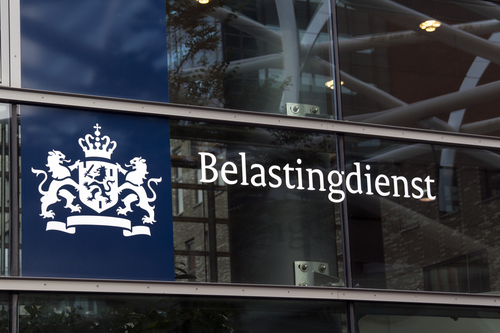Dutch government holds firm on abolishing tax on dividends

Prime minister Mark Rutte has refused to publish all the documents which came up for discussion during the recent coalition formation talks, including those relating to plans to scrap the dividend tax.
‘If everything is made public, you won’t be able to run the country,’ Rutte said during Wednesday’s debate on scrapping the tax in 2020, which will cost the treasury €1.4bn a year.
The decision to get rid of the tax on dividends is a matter of principle rather than doing someone a favour, the prime minister said, referring to repeated claims that multinationals such as Shell and Unilever had put pressure on the government.
GroenLinks leader Jesse Klaver has said the government is being blackmailed by multinationals who are threatening to pull out of the Netherlands unless the tax is cut.
Opposition parties regard the tax as a gift to foreign investors because Dutch stock exchange-listed firms can offset it against earnings. In addition, they say the government has failed to prove that the measure is good for employment levels.
The government’s macro-economic think-tank has also expressed its doubts about the plan, which was not included in any of the four coalition party manifestos.
Court case
Meanwhile, current affairs programme Nieuwsuur reported on Wednesday night that thousands of foreign investors have already taken the issue to court. They say they are not being treated fairly because Dutch firms can offset the tax against earnings but they are not able to do the same.
The tax also conflicts with European legislation which says that foreign investors cannot be put in a worse position than domestic ones, EY tax expert Daniel Smit told the programme.
The Netherlands has won some legal proceedings but a number of cases are now before the European courts, which have the final say, Smit said.
Prime minister Mark Rutte told Nieuwsuur that the court cases do not have an impact on the government’s decision to abolish the tax.
Governments
At the same time, multinational research group Somo says the the impact of abolishing the tax on the 10 biggest Dutch stock-exchange listed companies will largely be to benefit foreign governments, not shareholders.
Somo estimates that 77% of the shares in the 10 biggest Dutch firms are held by shareholders based in countries where abolishing the tax will benefit the local treasury instead.
Britain, Bermuda, Cyprus and the Cayman Islands are the only ones among the 20 countries which invest most in Dutch firms which do not have a dividend tax themselves and do not allow it to be offset against tax, Somo said.
In terms of foreign investors, the likes of State Street, JPMorgan and Blackrock will benefit most from the change.
Thank you for donating to DutchNews.nl.
We could not provide the Dutch News service, and keep it free of charge, without the generous support of our readers. Your donations allow us to report on issues you tell us matter, and provide you with a summary of the most important Dutch news each day.
Make a donation